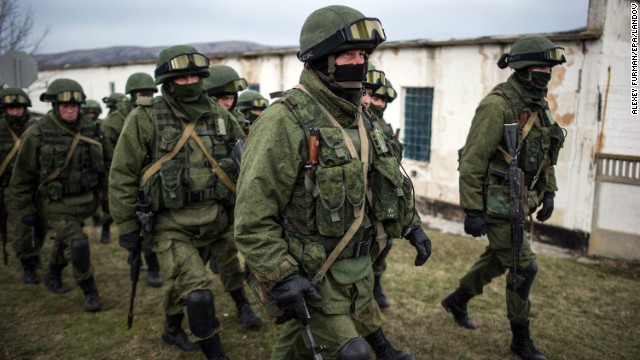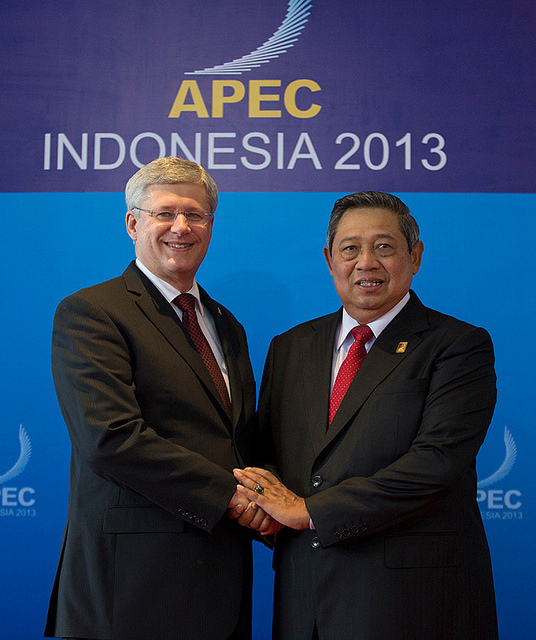 Three providers of Virtual Private Network (VPN) systems reported that updates to China’s firewall had impeded people from using their services. VPNs have thus far been the last resort for many internet users in China, in particular the tech-savvy, resourceful and curious younger generations. Although sites like Facebook, Google and Twitter have been banned in China for some time now, up until this point Chinese internet users have largely been able to get around the “great firewall” by subscribing to one of the VPN platforms. It is uncertain whether this will continue to be the case.
Three providers of Virtual Private Network (VPN) systems reported that updates to China’s firewall had impeded people from using their services. VPNs have thus far been the last resort for many internet users in China, in particular the tech-savvy, resourceful and curious younger generations. Although sites like Facebook, Google and Twitter have been banned in China for some time now, up until this point Chinese internet users have largely been able to get around the “great firewall” by subscribing to one of the VPN platforms. It is uncertain whether this will continue to be the case.
In the very last week of 2014, China also officially blocked user access to Gmail. Although Google’s search engine and other services have largely been banned in China since the company failed to agree to engage in self-censorship back in 2010, up until late December 2014 users were still able to access Gmail through third-party platforms. This time even the previous ways of accessing the Gmail account were completely blocked. This sudden ban had a major impact on many internet users in China, especially international businessmen who relied on Gmail for communication with international clients, as well as huge numbers of high school seniors who were at their final and crucial stage of applying to universities abroad. Many of them used Gmail account for all communications with their prospective universities overseas.
This Gmail ban, combined with the more recent ban on VPN, is likely to not only upset Chinese internet users, but also make it more difficult for China to attract more foreign and multinational businesses. According to a recent survey by the American Chamber of Commerce in China, 60% of companies surveyed felt less welcome in China than before, and 49% believed that foreign firms were targets of deliberate attack.
China has arguably the most sophisticated internet censorship program in the world. The Economist estimated back in 2013 that there were around 100,000 people, employed both by the state and by private companies, policing China’s Internet around the clock. These people are sometimes referred to by Chinese internet users as the “Fifty Cents Party.” Some of these people, in addition to reporting questionable contents on the internet to the local officials, post positive comments according to official instruction. These commentators are paid fifty cents for each supportive comment they post, hence the name, “Fifty Cents Party.” Despite public ridicule, the censorship campaign has been hugely successful so far. The vast majority of people in China remain isolated from news, images, comments, and even terms that are deemed unsuitable by the government. Now with even the VPN being brought under attack, the situation is not likely to improve very soon.
BBC reported that Chinese state media said the blocks on VPN had been imposed “for safety”, but many people, such as Prof Xiao Qiang from Berkeley’s School of Information, believe that the intensified cyber surveillance effort largely has to do with the rumors and reports on the “inside stories” of Chinese high politics. As Yahoo Finance senior columnist Michael Santoli commented, “governments feel like they can control the flow of information…And this government is better at it than most.”




